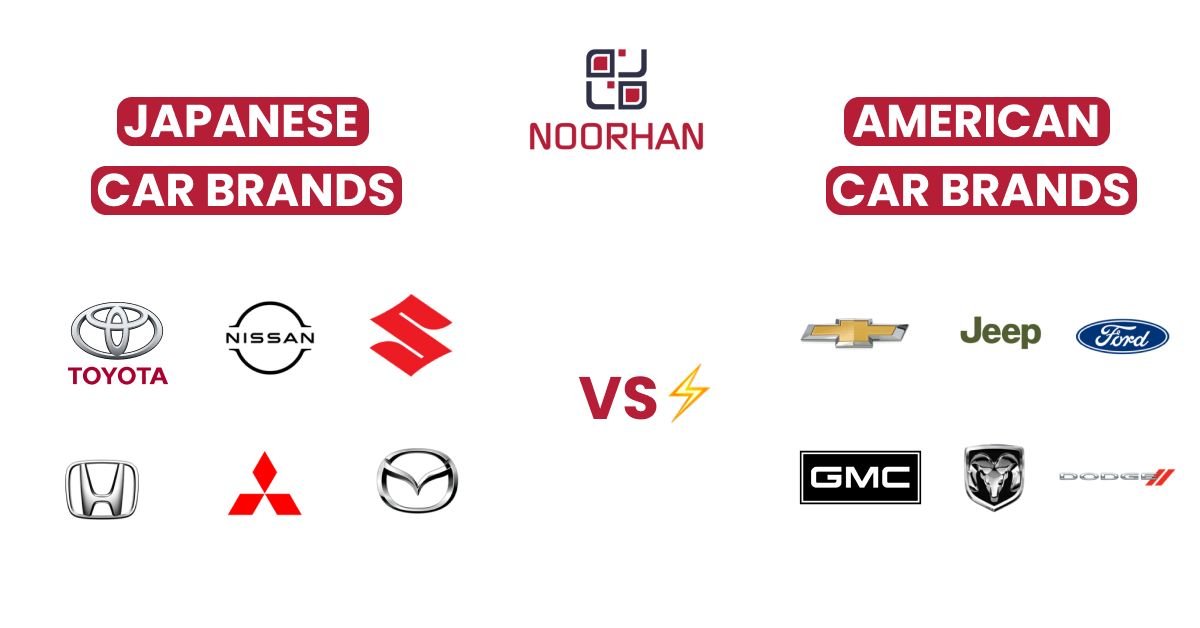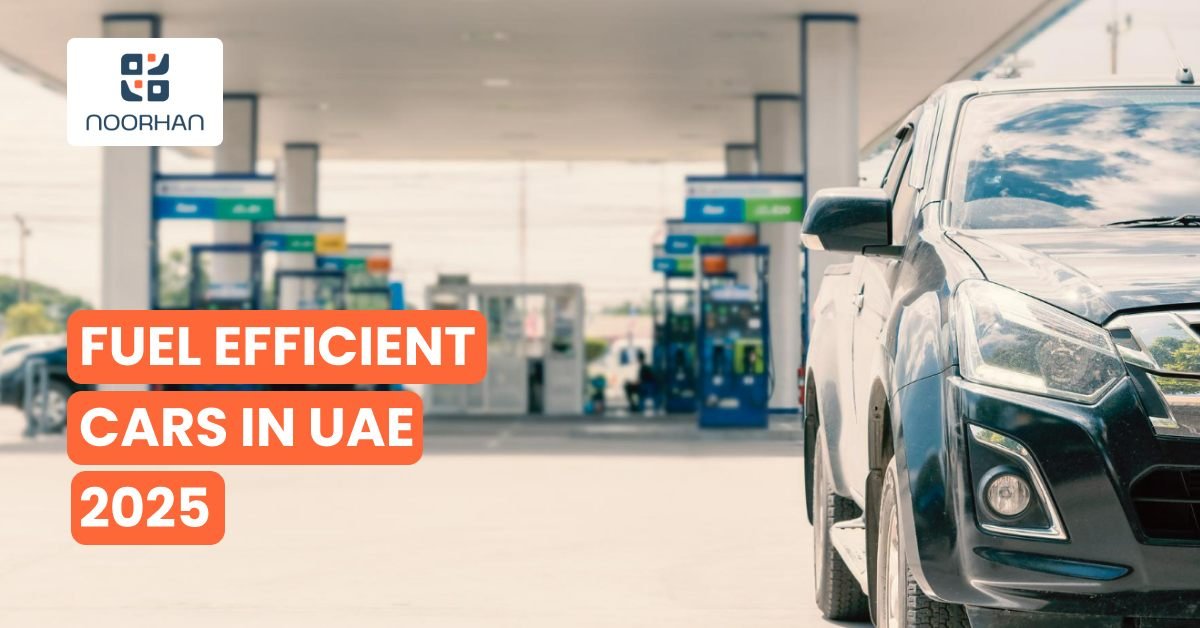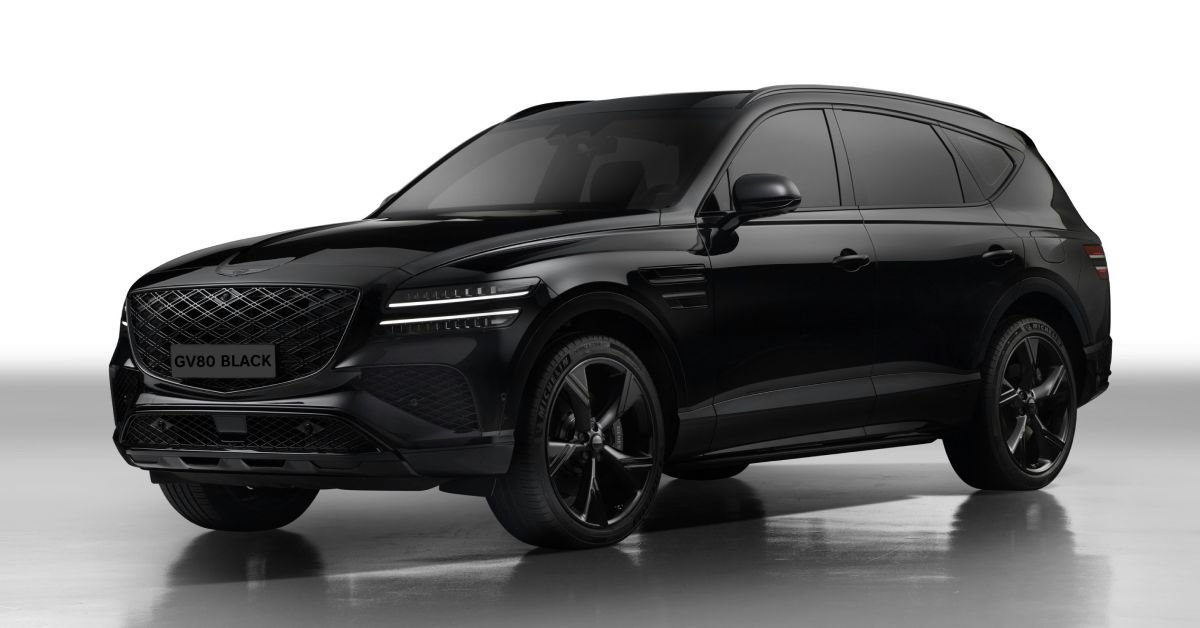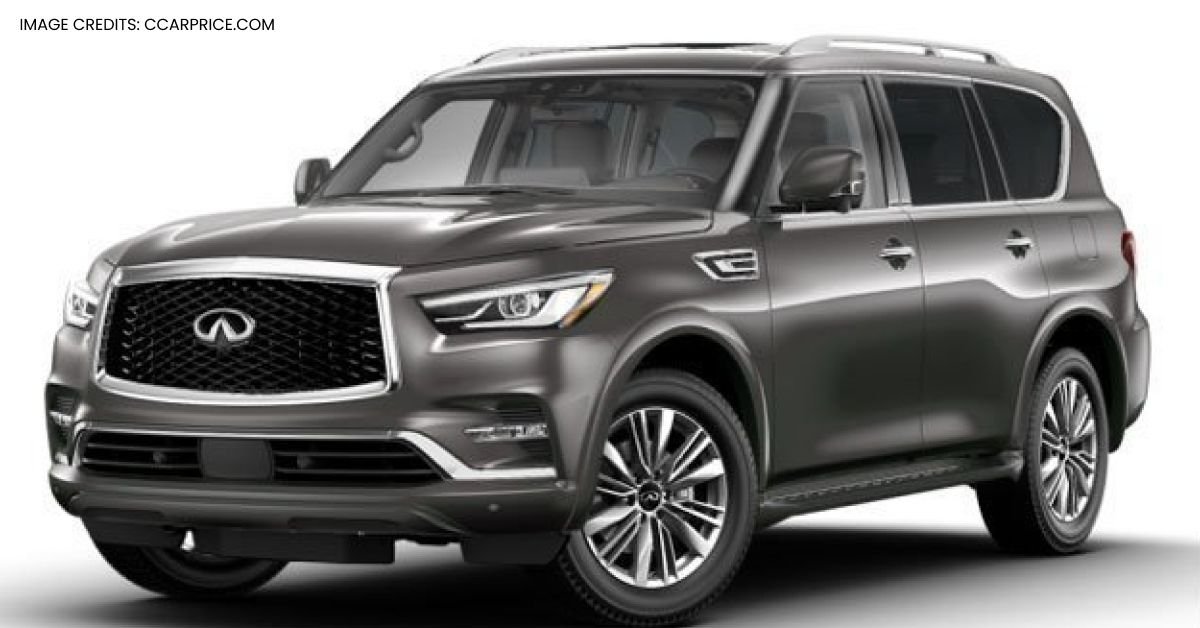-
Features ComparisonFeatures Comparison
-
Market Share and PopularityMarket Share and Popularity
-
Safety FeaturesSafety Features
-
Reliability and LongevityReliability and Longevity
-
Cost of OwnershipCost of Ownership
-
Performance and Driving ExperiencePerformance and Driving Experience
-
Adaptation to UAE ClimateAdaptation to UAE Climate
-
Resale ValueResale Value
In the United Arab Emirates, the automotive market offers a diverse range of vehicles from various manufacturers worldwide. Among these, Japanese cars and American cars have consistently been popular choices among UAE residents. The decision between these two categories can be significant, as both come with their unique features, advantages, and disadvantages. This comprehensive guide aims to explore the key factors to consider when deciding between Japanese and American cars in the UAE context.
Unique Features Comparison
Here’s a table highlighting some unique features of Japanese and American cars in the UAE market:
| Feature | Japanese Cars | American Cars |
|---|---|---|
| Market Share (2024) | Approximately 68% | Approximately 10-14% |
| Adaptation to UAE Climate | Designed for extreme heat and dust | Engine cooling systems for high temperatures |
| Fuel Efficiency | Higher (often 40+ MPG) | Varied, larger engines often less efficient |
| Resale Value | Higher due to reliability reputation | Generally lower |
| Cost of Maintenance | Lower due to widespread availability of parts | Higher, especially on larger models |
| Popular Brands | Toyota, Nissan, Honda, Lexus | Ford, Chevrolet, Chrysler |
| Performance Focus | Smooth ride and reliable performance | Powerful performance, especially in SUVs |
| Customization Options | Limited compared to American brands | Extensive options available |
| Typical Buyer Profile | Cost-conscious consumers, families | Luxury segment, performance enthusiasts |
| Availability of Spare Parts | Widely available and affordable | Less common, potentially more expensive |
This table provides a quick overview of some key differences between Japanese and American cars in the UAE market. Let’s delve into these aspects in more detail to provide a clearer understanding of what each category brings to the table.
Market Share and Popularity
Japanese cars dominate the UAE market, accounting for a significant 68% market share as of 2024. This dominance has been consistent over the past two decades, with Japanese brands like Toyota, Nissan, and Lexus being particularly popular among consumers. These brands have earned a reputation for reliability, quality, and overall value, making them a go-to choice for many UAE residents.
On the other hand, American cars maintain a presence in the market, particularly in certain segments like luxury vehicles and large SUVs. Brands such as Ford, Chevrolet, and Chrysler have carved out a niche, attracting buyers interested in robust performance and distinctive design. With a market share of approximately 10-14%, American brands have a loyal following, especially among consumers who prefer the characteristics that these vehicles offer.
Cultural Influence
The preference for Japanese cars in the UAE can also be attributed to cultural influences. Many UAE residents appreciate the reliability and affordability that Japanese brands provide, often considering them as practical choices for family vehicles. Conversely, American cars have an allure linked to a lifestyle that emphasizes power, freedom, and individualism. This cultural context shapes buyer preferences and can influence purchasing decisions significantly.
Safety Features
Both Japanese and American manufacturers prioritize safety in their vehicles. Japanese brands like Toyota and Honda offer advanced safety suites, such as Toyota Safety Sense and Honda Sensing, which include features like adaptive cruise control, lane-keeping assist, and pre-collision systems. These technologies are designed to enhance driver and passenger safety, making Japanese cars a popular choice for families.
Similarly, American brands like Ford and Chevrolet have made significant strides in safety. Their vehicles often come equipped with systems like Ford Co-Pilot360 and Chevrolet’s safety technologies, which include rear cross-traffic alert, blind-spot monitoring, and automatic emergency braking. This emphasis on safety resonates well with consumers who prioritize protection for their loved ones.
Reliability and Longevity
One of the standout features of Japanese cars is their reputation for reliability. Brands like Toyota and Honda have built a strong legacy in the UAE for producing vehicles that withstand the harsh climate conditions of the region. Factors like extreme heat, dust, and challenging driving conditions necessitate cars that are not only well-built but also require less maintenance over time.
While American cars have improved in reliability over the years, they often fall short compared to their Japanese counterparts. This difference is particularly important for consumers in the UAE, where vehicle reliability can significantly impact long-term ownership satisfaction.
Maintenance and Repairs
Another key aspect of ownership is maintenance and repair costs. Japanese cars typically enjoy lower maintenance costs in the UAE market, largely due to the widespread availability of spare parts and service centers. Many garages and dealerships in the UAE specialize in servicing Japanese brands, which translates to better accessibility and often lower costs for repairs.
In contrast, American cars can sometimes incur higher maintenance costs, especially for larger models. The availability of spare parts may not be as widespread, leading to potentially longer wait times for repairs and higher prices for replacement parts. Consumers must weigh these factors when considering their long-term budget for vehicle ownership.
Cost of Ownership
Initial Purchase Price
When it comes to the initial purchase price, Japanese cars are often perceived as more affordable, especially in the mid-range and economy segments. Models like the Toyota Corolla and Nissan Sentra provide excellent value for money, appealing to cost-conscious consumers in the UAE.
However, American brands offer competitive pricing in certain categories, particularly in larger vehicles and luxury models. For instance, SUVs like the Ford Explorer and Chevrolet Tahoe may come at a higher initial cost but often deliver robust performance and spacious interiors that cater to families and adventure seekers.
Fuel Efficiency
Fuel efficiency is another critical factor to consider. Given the historically low fuel prices in the UAE, it may not be as significant a concern as in other markets. However, Japanese manufacturers generally offer more fuel-efficient options, which can still be appealing to cost-conscious consumers. For instance, cars like the Honda Civic can achieve impressive miles per gallon (MPG), providing long-term savings despite the lower fuel costs.
American cars, particularly those equipped with larger engines, may have varied fuel efficiency ratings. While some models excel in this area, many larger SUVs and trucks can be less efficient, which could lead to higher overall fuel costs in the long run.
Performance and Driving Experience
When it comes to performance, American cars often shine in categories like muscle cars and large SUVs. Models such as the Ford Mustang and Chevrolet Silverado are celebrated for their powerful engines and robust performance, appealing to UAE drivers who enjoy high-performance vehicles and a thrilling driving experience. These cars cater to the demand for power and performance, particularly among younger consumers and driving enthusiasts.
In contrast, Japanese cars are known for their smooth and refined performance. Brands like Toyota and Honda focus on providing a comfortable and reliable driving experience, which suits the preferences of many UAE residents who prioritize comfort and ease of use over raw power. While they may not always match the power output of American vehicles, their handling and reliability often compensate for this difference.
Driving Conditions in the UAE
Driving conditions in the UAE can vary significantly, from busy urban areas to remote desert landscapes. For those who frequently venture off the beaten path, American SUVs may provide a more rugged option, equipped with features that enhance their capability in diverse terrains. On the other hand, Japanese vehicles, while generally more suited for city driving, have models designed to handle off-road conditions effectively.
Adaptation to UAE Climate
GCC-spec vehicles, which include both Japanese and American models specifically designed for the Gulf region, are better suited to the UAE’s climate. These vehicles come equipped with enhanced features such as:
- More robust air conditioning systems: The extreme heat of the UAE requires efficient cooling systems, and both Japanese and American brands offer models that excel in this area.
- Improved radiators to handle extreme heat: Vehicles designed for the UAE often include upgraded cooling systems to prevent overheating during long drives in high temperatures.
- Better engine air filtration systems to cope with dusty conditions: Dust storms are common in the UAE, and vehicles equipped with advanced filtration systems can perform better in these conditions.
- Enhanced rust protection for humid coastal areas: Vehicles designed for the region may also feature additional protection against rust, especially important for those living near the coast.
Warranty and After-Sales Support
When considering vehicles in the UAE, warranty and after-sales support can play a crucial role. Japanese brands often offer extended warranties and strong service networks, giving buyers peace of mind regarding maintenance and repairs. American manufacturers are also improving their after-sales support, but the extent and quality can vary by brand and model.
Resale Value
Japanese cars generally hold their value better in the UAE market, which can be advantageous for buyers who plan to sell or trade in their vehicles in the future. The reliability and reputation of brands like Toyota and Nissan contribute to their strong resale values, making them a safer investment for many consumers.
In contrast, American cars tend to depreciate more quickly, particularly larger models. Buyers should be aware of this potential loss in value when considering their long-term ownership plans.
Conclusion
In the UAE, both Japanese and American cars have their strengths. Japanese vehicles dominate the market due to their reliability, affordability, and adaptation to local conditions. However, American cars offer appealing options in the luxury and high-performance segments, catering to consumers with different needs and preferences.
When choosing between Japanese and American cars in the UAE, it ultimately comes down to individual priorities. Factors such as budget, driving style, performance needs, and personal preferences should guide your decision-making process. By carefully evaluating these elements, you can find the vehicle that best suits your lifestyle and driving requirements.
Whether you prioritize reliability and cost-effectiveness or seek power and performance, both Japanese and American cars offer viable options for residents in the UAE. Conduct thorough research, test drive your shortlisted models, and consider factors such as maintenance and resale value to make an informed decision that fits your needs.
Where can you buy Volkswagen Spare Parts in Dubai?
Volkswagen Spare Parts are available at different suppliers and dealers of auto spare parts in Dubai. Noorhan is amongst the leading brands that deal with genuine auto spare parts and aftermarket parts for different car brands, including BMW, Mercedes, Audi, Porsche, Honda, Toyota, Nissan, Mazda, Jeep, Ford, and other Japanese, European, American, Korean, luxury cars brand.
If you’re looking to replace your Volkswagen spare parts with high-quality aftermarket parts in Dubai, Noorhan can help you.









